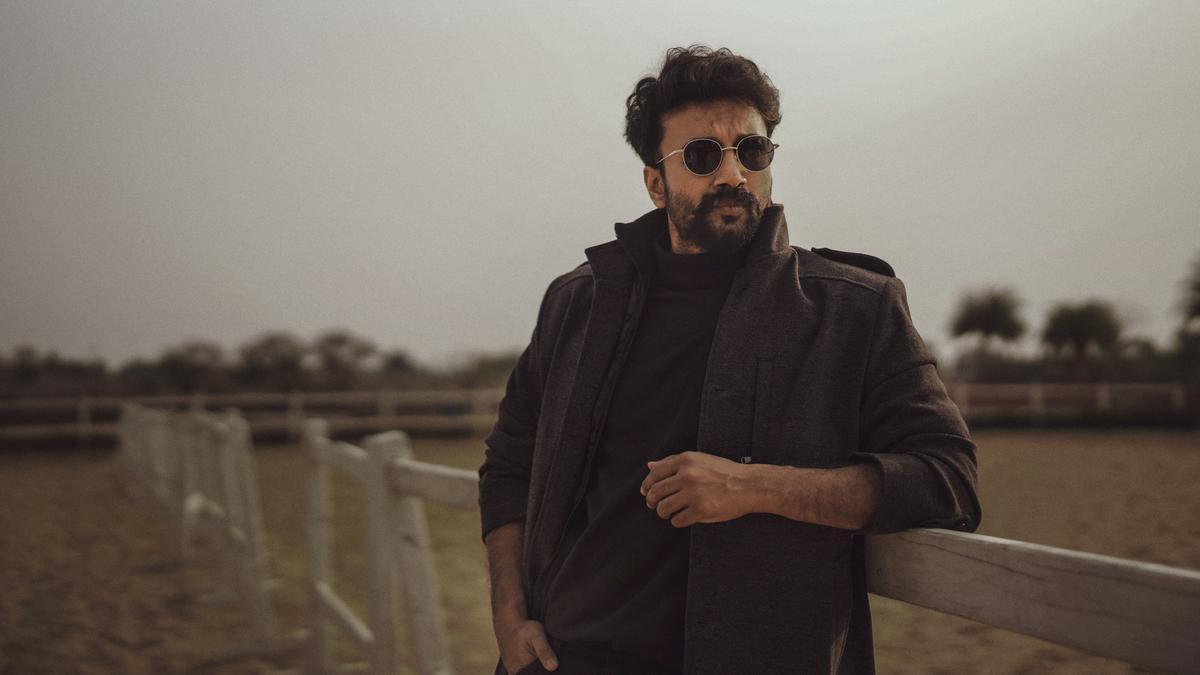
A testament to the enduring spark of creativity, the oldest person ever to capture an Academy Award, the acclaimed director James Ivory, continues to craft films at the ripe age of 95. His latest project is a documentary forged from a pivotal journey made earlier in his life to Afghanistan in 1960.
Born in America, Ivory has gained widespread admiration primarily through a series of opulent and emotionally charged British costume dramas. His notable films include the Anthony Hopkins-starring “Remains of the Day” and “Howard’s End,” as well as “Room with a View,” which featured the talent of Daniel Day-Lewis.
Compellingly, in 2017, Ivory bridged across generations by penning the script for the coming-of-age romance “Call Me By Your Name,” with the young Timothee Chalamet leading the narrative about sexual discovery, bringing an Oscar to Ivory’s mantle at the remarkable age of 89. Yet, the genesis of his directorial journey dates back to his days as a student, when he ventured into film-making with a focus on art within the settings of Venice and South Asia.
Recalling an intense period of filmmaking in India, Ivory remarked that as the subcontinent’s summer heat intensified, a change of scenery was suggested by his backers for both comfort and creativity, leading him on an adventure to the cooler climate of Afghanistan—a place unfamiliar to him.
It is this particular excursion that breathes life into his current documentary. Culled from ancient reels discovered in Ivory’s personal archives, long-time collaborator Giles Gardner expressed awe at the footage, describing it as both “poetic and mysterious.” The Kabul caught on Ivory’s camera depicts a serene Afghanistan, starkly contrasting the war-torn imagery of latter years, untouched by the wars and extremism that would later anchor it in a cycle of violence.
The assembled documentary, titled “A Cooler Climate,” is more than a mere cinematic piece—it narrates the very inception of Ivory’s remarkable career in film. Immediately following his return from Afghanistan, Ivory encountered producer Ismael Merchant. This meeting sparked not only a personal bond but also a professional alliance that would persist for over four decades, culminating in the creation of more than 40 films until Merchant’s passing in 2005. The duo’s partnership, affectionately known as Merchant Ivory, became synonymous with the highest caliber of period drama.
While their romantic involvement remained undisclosed due to Merchant’s traditional Indian family, Ivory himself has pleasantly reminisced an untroubled life. Growing up as a gay man in an industrial town in Oregon, Ivory describes his experience as content, even “idyllic,” eschewing any sense of escape from adversity. Ivory suggests that the recurring theme of emotional and sexual anxiety in his movies is influenced less by his personal history and more by the adaptation of literature by E.M. Forster, an author known for his exploration of repressed sentiments.
Reflecting on his expansive career, Ivory holds a special place in his heart for two of his less famous works—”Mr. and Mrs. Bridge” and “A Soldier’s Daughter Never Cries”—which he feels resonate with his American upbringing. Ivory credits “the greatest piece of luck” in his career to his partnership with Merchant, who not only managed financial constraints but also served as an imaginative force.
Remarkably lively and active at 95, Ivory shuttles between Europe and the U.S., attending screenings of his documentary and exemplifying contentment and accomplishment, albeit marked by the sadness of losing companions, including Merchant and their prolific writer Ruth Prawer Jhabvala.
In recounting his story, a portrait emerges of a man who has left an indelible mark on cinema through passions ignited by global art and then sustained by lifelong collaboration, an emblematic testament to a luminous career spanning nearly a century.










